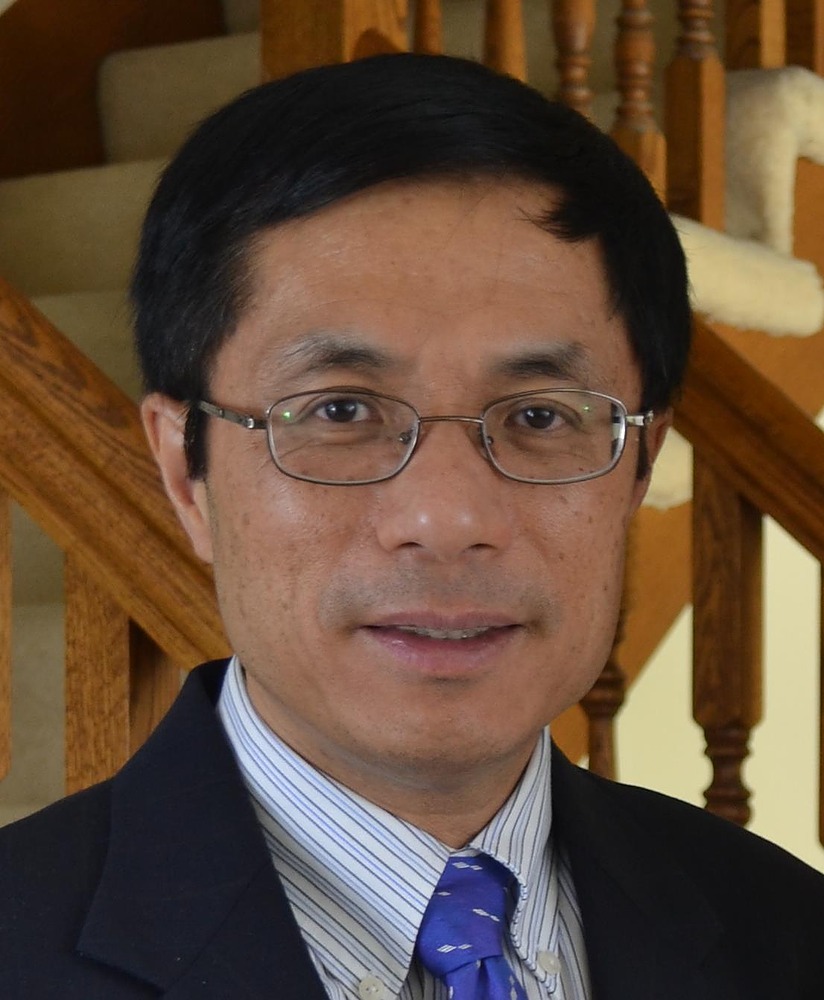FEIT Research Excellence 2023 Guest Lecture - Prof. Hao Ying
Event description
Deterministic and Stochastic Fuzzy Discrete Event Systems with Supervised Learning
Hao Ying, IEEE Fellow, Professor
Department of Electrical and Computer Engineering
Wayne State University Detroit, Michigan, USA
Abstract
To effectively represent deterministic uncertainties and vagueness as well as human subjective observation and judgment encountered in many real-world problems especially those in medicine, we originated a theory of fuzzy discrete event systems (DES) in 2001. The theory is unique in that it is capable of modeling a class of event-driven systems as fuzzy automata with states and event-invoked state transitions being ambiguous. We introduced fuzzy states and fuzzy event transition and generalized conventional crisp DES to fuzzy DES. The largely graph-based framework of the crisp DES was unsuitable for the expansion and we thus reformulated it using state vectors and event transition matrices which could be extended to fuzzy vectors and matrices by allowing their elements to take values in [0, 1]. We also extended optimal control of DES to fuzzy DES. This novel fuzzy DES theory is consistent with the traditional DES theory, both at conceptual and computation levels, in that the former contains the latter as a special case when the membership grades are either 0 or 1. Other researchers have extended the FDES framework afterward. They studied a variety of fundamental FDES-related issues. These include supervisory control, observability, decentralized control, diagnosability, online control, state-based control, state-feedback control, prognosis, predictability, opacity, and detectabilities.
In this presentation, we show our recent work on how a FDES can learn the event transition matrix of its fuzzy automaton, which is the core of the FDES that is difficult to build manually, when neither pre-event nor post-event state is known. The only information assumes to be available is values of the variables that are only known to be vaguely related to the pre- and post-event states. We link the variables to the states through Gaussian fuzzy sets owing to the conceptual relationship between a fuzzy set and a fuzzy state. Stochastic-gradient-descent-based algorithms are derived for the model to iteratively learn online the transition matrix and all the parameters of the fuzzy sets simultaneously. This leads to the first FDES model that is capable of learning solely based on sensor data without relying on any subjective input from humans, removing a significant bottleneck for real-world applications.
We will also present a new class of FDES called the stochastic fuzzy discrete event systems (SFDES) that we introduced lately. A SFDES is comprised of multiple fuzzy automata that occur randomly one at time with different occurrence probabilities. We show our technique capable of determining number of fuzzy automata and their event transition matrices as well as estimating their occurrence probabilities for single-event SFDES.
Biography
Dr. Hao Ying is a professor at the Department of Electrical and Computer Engineering, Wayne State University, USA. He has published two fuzzy control books and over 130 journal papers. He receives the 2023 IEEE CIS Fuzzy Systems Pioneer Award, which is the highest level honor of the IEEE Computational Intelligence Society, with the citation “For fundamental contributions to model-free fuzzy control theory and its biomedical applications.”
Professor Ying is serving as an Associate Editor or a Member of Editorial Board for 17 international journals, including the IEEE Transactions on Fuzzy Systems and the IEEE Transactions on Systems, Man, and Cybernetics: Systems. He is an IEEE Fellow.

Tickets for good, not greed Humanitix dedicates 100% of profits from booking fees to charity


